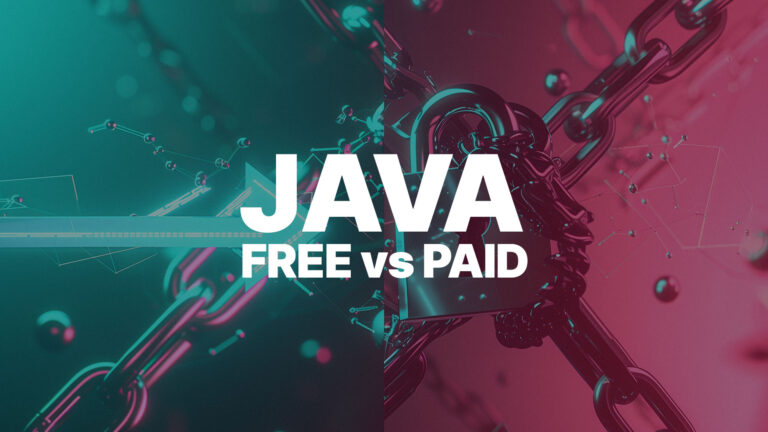Nathan Biggs (@nathanbiggs), CEO
It has been our privilege over the past few months to work with the great people at Skytap. Skytap is a VMware ESXi-based public cloud. In addition to some very innovative capabilities around the management of virtual machines in the Skytap Cloud, they have also created an enterprise-class environment that is completely compatible with running Oracle software while using your existing Oracle licenses.
I invite you to check out the white paper that we wrote on how to license your Oracle workloads in the Skytap Cloud. This paper explores the following topics:
- General overview of the principles of Oracle licensing, especially in a VMware-virtualized environment.
- Specific overview of the architecture of the Skytap public cloud, with an emphasis on their specialized configuration options for customers wanting to run Oracle in that environment.
- Putting the two together, we also explore how licensing applies to Oracle running in the Skytap cloud.
Here is a summary of the main points in the paper:
- The Skytap cloud is an effective option for Infrastructure as a Service (IaaS) for Oracle-based applications.
- The Skytap cloud provides support for Oracle licensing by allocating dedicated resources for Oracle workloads. This includes dedicated server hosts, and dedicated regions as needed for applications running in Skytap’s cloud.
- Oracle licensing is defined by each individual license agreement and is based on the physical server hardware where Oracle is “installed and/or running.” There is nothing prospective in this definition, meaning customers do not have to license where Oracle might run in the future.
- The use of dedicated resources for Oracle workloads in the Skytap cloud ensures that Oracle workloads stay running only on licensed server hosts. There is log activity to validate historical usage of Oracle licenses.
- In an Oracle audit, usage of the Skytap dedicated cloud environment will be documented as if the dedicated hosts are part of the customer’s on-premise environment. Even though the servers are remotely co-located in a separate datacenter, that information will not need to be disclosed to Oracle.
Please take the time to review the white paper, and to consider Skytap as you develop your hybrid or public cloud strategies. You can also join Jeff Schroeder, Skytap Solutions Architect, and me on February 28th as we present a webinar on Skytap’s enterprise-class capabilities for hosting your Oracle workloads.






